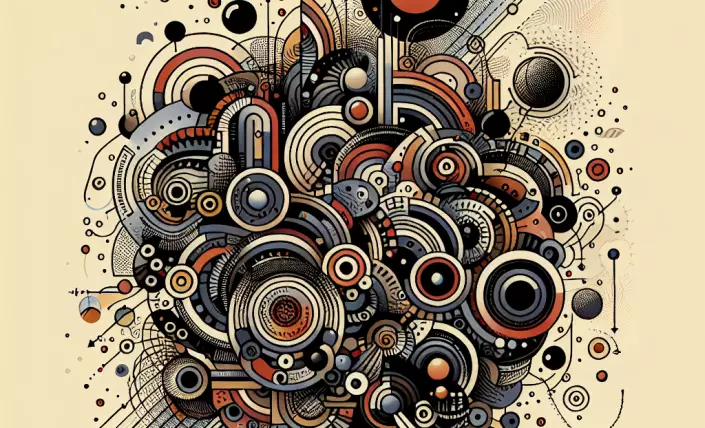In the ever-complicated landscape of modern life, where questions of identity, purpose, and morality dominate our daily discourse, the allure of clear-cut answers is undeniable. Yet, paradoxically, it is the embrace of paradox itself that Gilbert Keith Chesterton presents as a pathway to understanding and fulfillment. Chesterton's philosophy, often nestled in the whimsical folds of his writings, invites us to consider the profound wisdom hidden within contradictions.
Chesterton was a master at uncovering the profundity in the ordinary, an ability he attributed in part to his appreciation of paradox. Consider the paradox of freedom and limitation: to truly be free, one must accept certain boundaries. This is not merely a philosophical abstraction but a practical truth. The artist, for instance, finds liberation not in an infinite canvas but within the constraints of a frame. The very act of setting limits allows for the expression of creativity and innovation. Similarly, in life, the acceptance of certain moral or ethical boundaries can offer a framework within which we can explore, create, and thrive.
Moreover, Chesterton's embrace of paradox extends to the realm of belief and doubt. In a world that often valorizes skepticism as the hallmark of intelligence, Chesterton challenges us to reconsider the role of belief. He posits that to doubt everything is as much an act of faith as to believe in everything. In this, he uncovers the paradox that both belief and doubt require a leap into the unknown. This leap, rather than being a sign of weakness, is a testament to the audacity of the human spirit. It is in these leaps that we find meaning, not in the resolutions of contradictions but in their very existence.
The practical implications of Chesterton's philosophy are manifold. In a society increasingly polarized by political, social, and religious divides, the willingness to engage with paradox allows for a more nuanced understanding of complex issues. It encourages us to move beyond binary thinking and to appreciate the richness of experiences that do not fit neatly into predefined categories. This approach fosters empathy and a deeper connection with others, as we begin to recognize the multifaceted nature of human existence.
Furthermore, the acceptance of paradox can also be a source of personal growth. It invites us to confront our own contradictions and embrace them as integral to our identity. By acknowledging the coexistence of opposing desires, fears, and beliefs within ourselves, we can cultivate a more authentic and holistic sense of self. This self-awareness, in turn, empowers us to navigate the complexities of life with greater resilience and adaptability.
In conclusion, the philosophy of Gilbert Keith Chesterton offers a compelling argument for the embrace of paradox as a means of achieving a more profound understanding of life. By recognizing and accepting the contradictions inherent in freedom, belief, and identity, we open ourselves to a world of possibilities. In doing so, we not only enrich our own lives but also contribute to a more empathetic and cohesive society. The path of paradox is not an easy one, but it is a journey worth undertaking for those seeking a deeper connection with themselves and the world around them.










